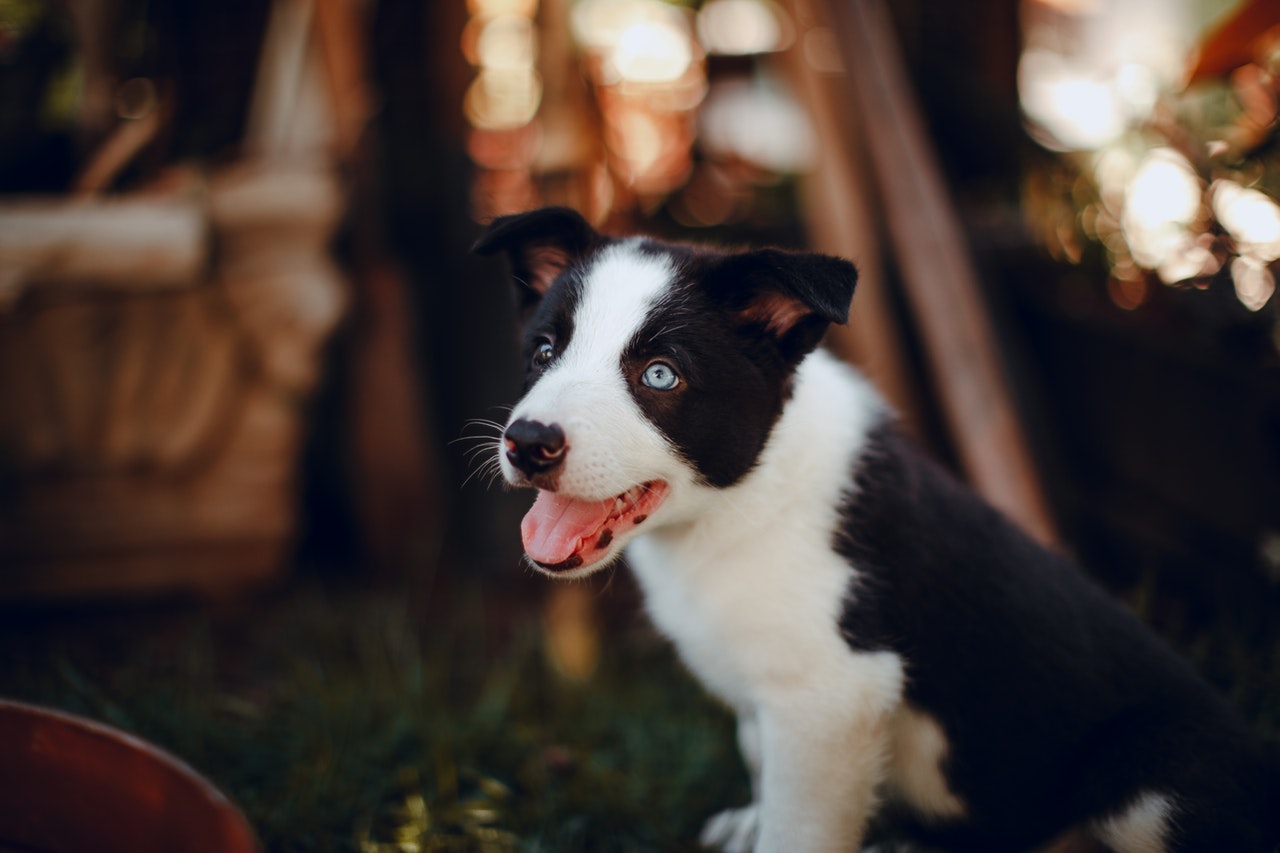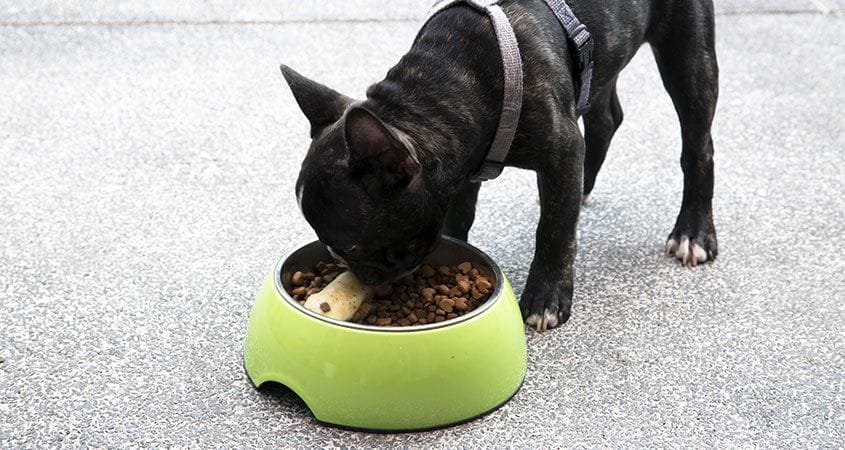When it comes to digestion, dogs differ significantly from humans. This means that some human foods can be harmful or even deadly to dogs, even if they are excellent for humans. On the other hand, many types of foods are perfectly safe for dogs to eat and can even provide them with beneficial nutrients and health properties.
To begin with, salt. Should keep the amount of salt your dog consumes to a minimum. If dogs overeat salt, it can result in salt toxicity or dehydration, which can be fatal. You should avoid giving your salty dog foods like pretzels or chips to prevent any problems.
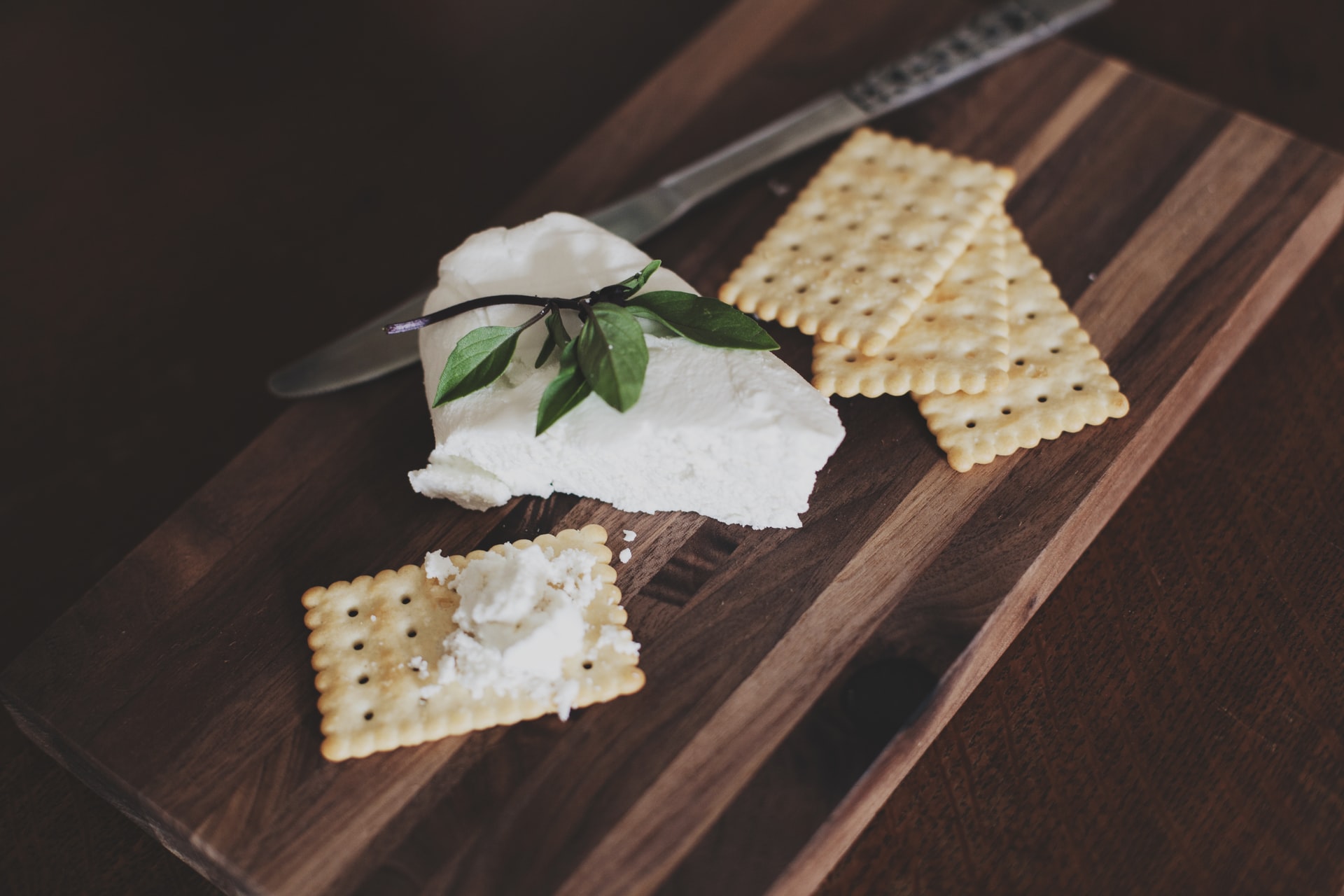
It has the potential to cause nausea, vomiting, diarrhea, and seizures in certain people. High salt intake can be deadly in some circumstances. Additionally, make sure your dog has access to water at all times so that water deprivation doesn’t happen to him.
A Cheese Grater:
For the most part, small amounts of cheese are safe for dogs. It’s recommended to add cheese to your dog’s diet gradually to avoid any unpleasant effects with the types of foods.
After eating cheese, some dogs experience digestive symptoms like stomach aches and diarrhea because of the fat and lactose levels. It may also be beneficial to limit your dog’s cheese intake to low-fat varieties like mozzarella.
Nuts And Seeds Like Cashews:
Should keep cashews to a minimum for your dog’s safety. Most dogs can have a small amount of plain, unsalted cashews now and again. Nevertheless, overuse of cashews can lead to weight gain and pancreatitis due to their high fat and caloric content.
While cashews aren’t strictly harmful to dogs, it’s best to avoid giving them to them. It’s also incorrect to imply that they’re safe for dogs. Providing the cashews aren’t combined with other nuts or seasoned in any way, your dog should be able to eat them.
Having a handful of these nuts now and then isn’t going to do any harm. When everything is said and done, there is no good reason to feed nuts to your dog. As a result, you should only give your dog one or two cashews each day like most types of foods.
The Nut Of Almonds:
Should keep nuts like almonds to a minimum in your dog’s diet. However, dogs can eat tiny amounts of plain, unsalted almonds without any problems.
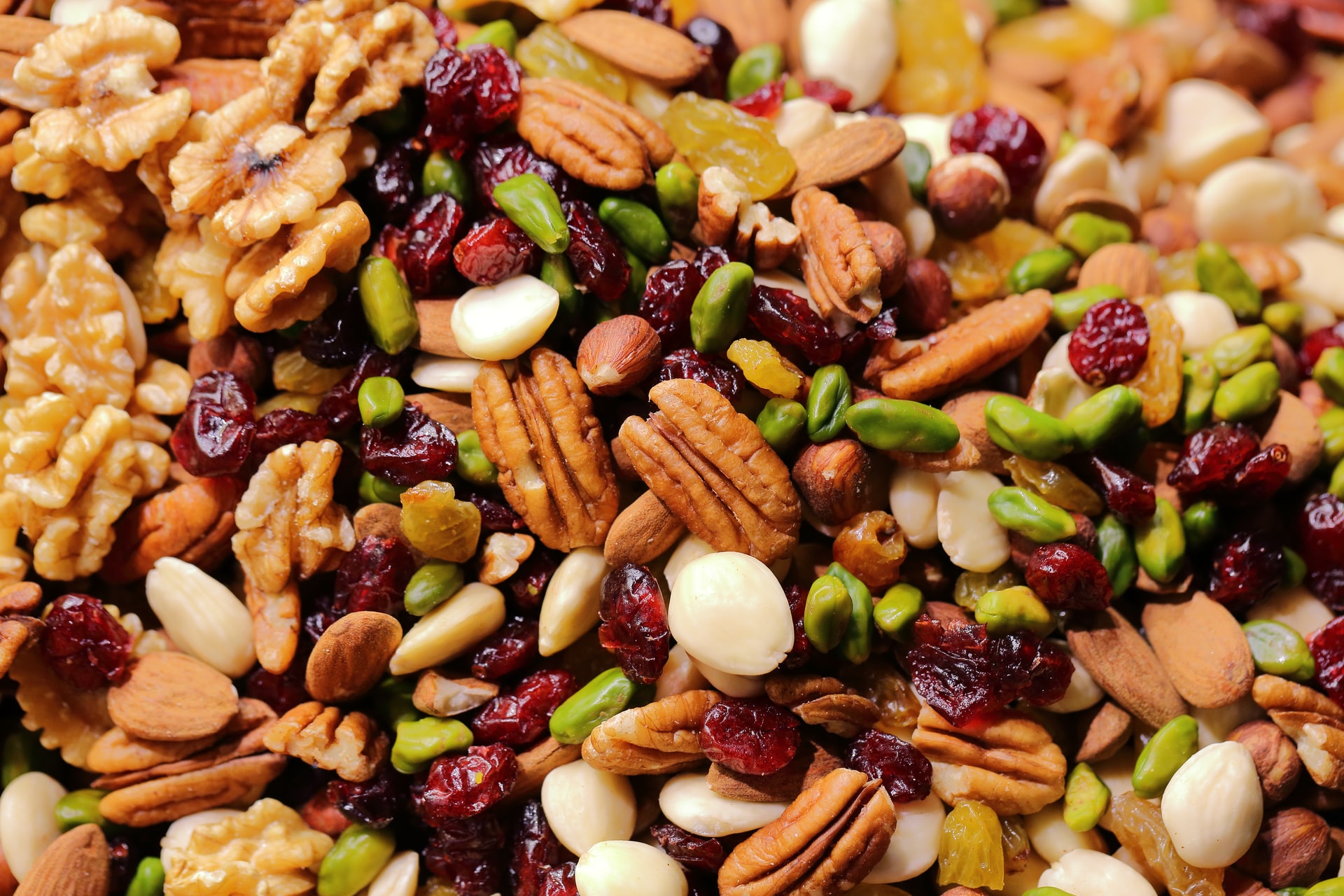
Almonds are heavy in fat and calories and can lead to weight gain in dogs and pancreatitis in some cases. As a result, dogs who eat them may have nausea, vomiting, or diarrhea. Should avoid them.
You should only offer your dog highly modest amounts of almonds if you feed them.
Cottage Cheese: A Type Of Milk Product
Cottage cheese is safe for dogs to eat in moderation. Cottage cheese can cause digestive troubles in particular dogs, such as nausea and diarrhea.
As a result, you should keep your dog’s cottage cheese consumption to no more than one or two small spoonfuls daily.
Tomatoes: Fruit And Vegetable
Toxic levels of tomato tomatine can cause vomiting, irregular heart rates, muscle weakness, and even trouble breathing in dogs. Tomatoes that are past their prime are safe to give dogs a treat or a small meal on occasion.
Should avoid tomato plants and unripe tomatoes. Dogs should probably be kept away from tomato plants if possible. Tomatine, a toxic glycoalkaloid, may be found in trace amounts in green tomatoes. Although green tomatoes aren’t harmful to humans, there’s some evidence that they’re detrimental to dogs.
Cinnamon Is A Spice:
Even though cinnamon is safe for dogs, their food should nonetheless contain only a tiny amount of it. When your dog eats cinnamon sticks, ground cinnamon, or essential oil, it may become irritated.
Cinnamon can irritate a dog’s mouth and digestive tract if given in big doses. Even items containing cinnamon, such as baked goods, might be harmful to your dog if he overeats the spice.
Coughing, choking, and difficulty breathing are all possible side effects if your dog inhales cinnamon powder.
Honey Is A Sweet Treat:
Puppies and dogs with impaired immune systems should not be given raw honey because it may contain botulism spores. You should provide only a tiny amount of love at a time to your dog.
Honey has a lot of sugar, and if your dog overeats of it, it might lead to weight gain. Feeding love as a treat to your dog on occasion is OK, as long as you keep the amount low. Because they should not give honey to dogs suffering from diabetes or obesity.
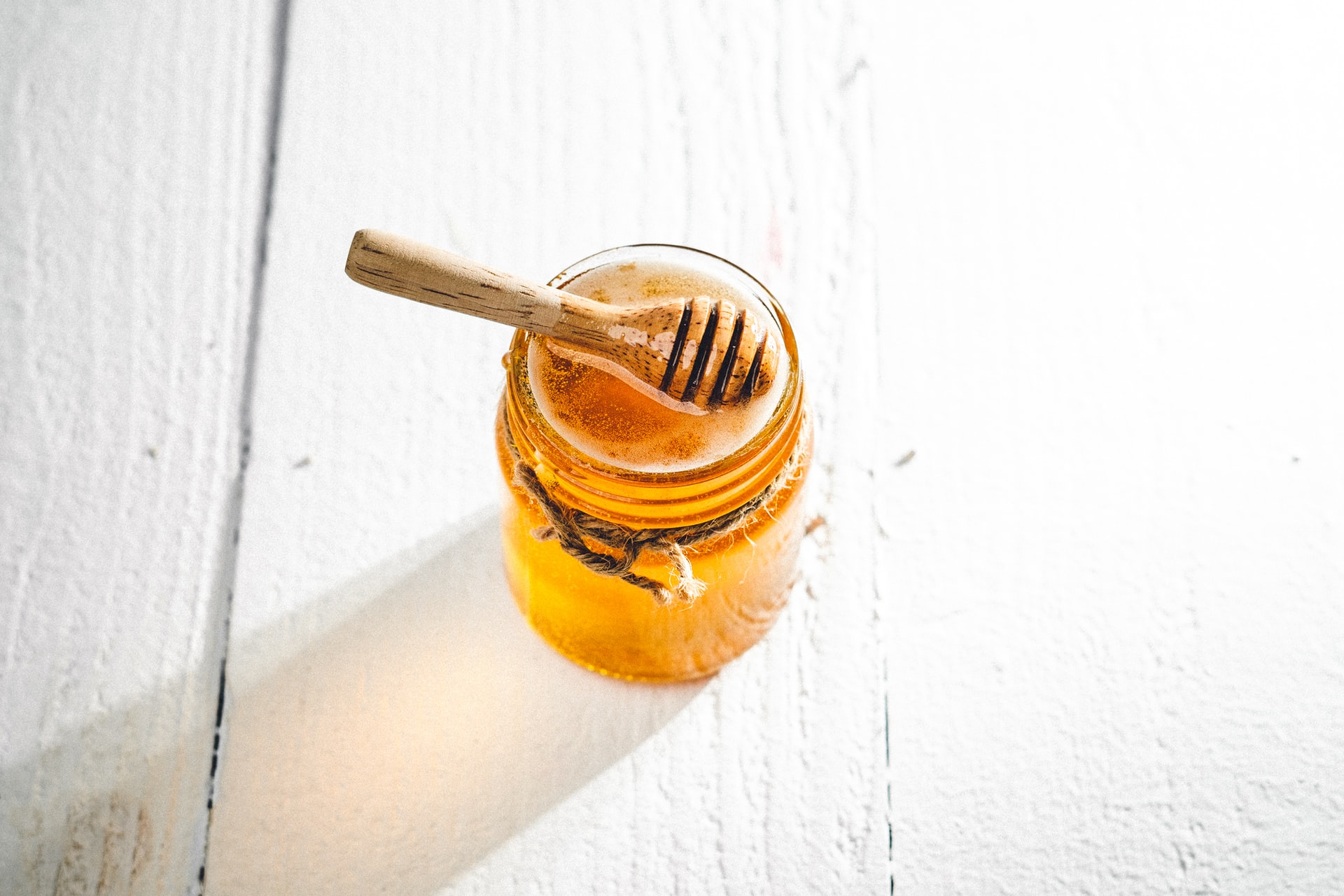
A Glass Of Milk:
Ideally, it would be best if you refrained from allowing your dog to consume an excessive amount of dairy products. Dogs are prone to lactose intolerance, leading to bloating, gas, vomiting, nausea, and diarrhea.
Some dogs can handle a tiny amount of milk as a treat but should give no more than a few tablespoons of milk per day.
A Bag Of Roasted Peanuts:
Dogs can eat tiny amounts of plain, unsalted peanuts without any problems. Even if you feed your dog a handful of plain peanuts, it’s advisable to limit the amount you give him at once.
Peanuts, like other nuts, are high in fat and may cause weight gain and pancreatitis in your dog if it consumes an excessive quantity. Peanuts may also contain toxic additives for dogs, such as salt.
Cherries Are A Tasty Treat:
Cherry pits, stems, and leaves all contain cyanide, which can be deadly. Dogs can consume small amounts of fresh, pitted cherries. Toxic and fatal if taken in large quantities, this is a poisonous plant.
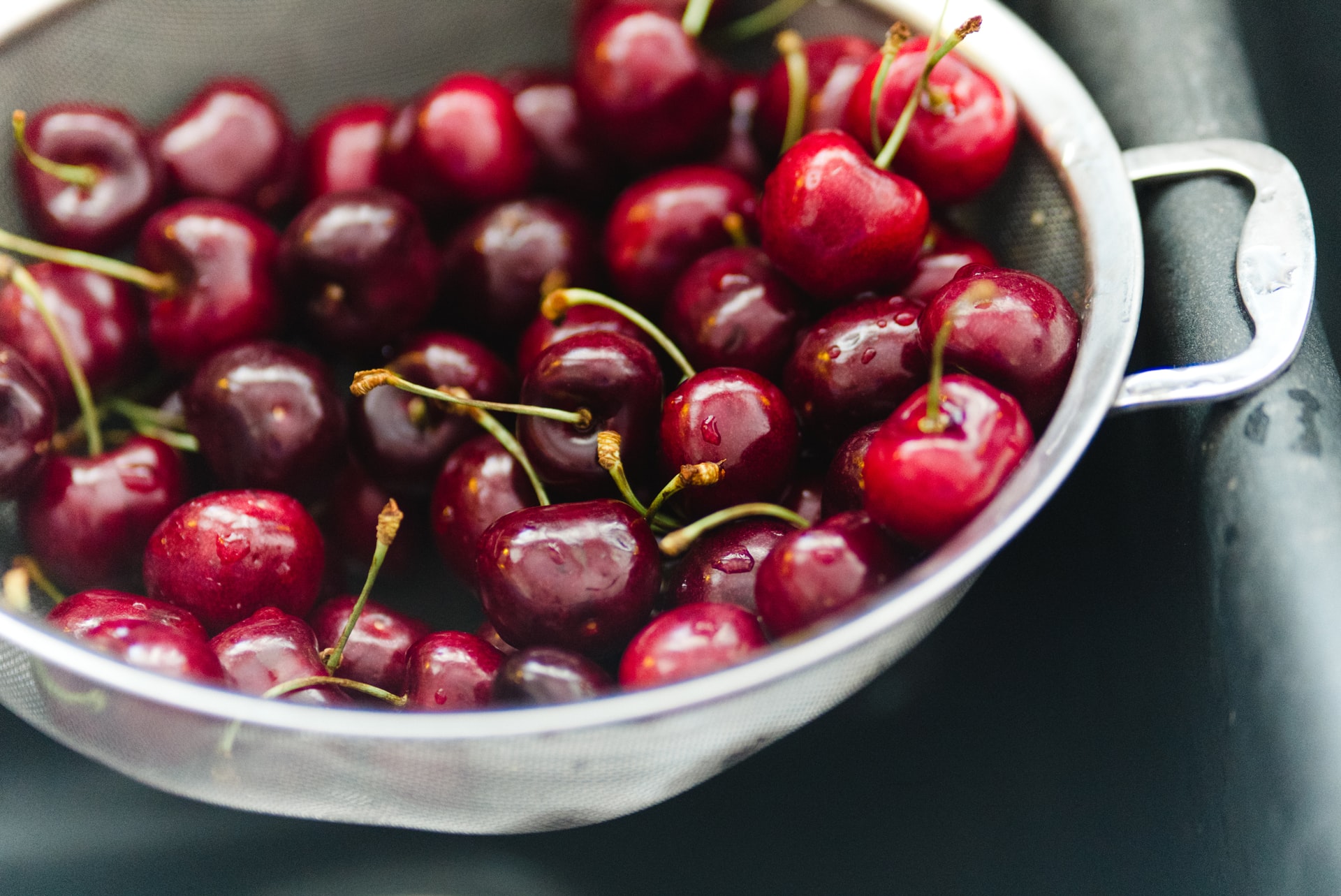
In high quantities, cherry pits contain toxic amounts of cyanide, which is lethal to canine consumption. Cherry pits, on the other hand, should not be fed the types of foods to your dog.
Cherry pits can also be a choking hazard because of their small size. If dogs eat too many cherries, it can also lead to stomach distress and diarrhea. If you decide to feed your dog cherries, make sure you only give him one or two at a time. When cherries become stuck in a dog’s digestive system, they cause blockages.

